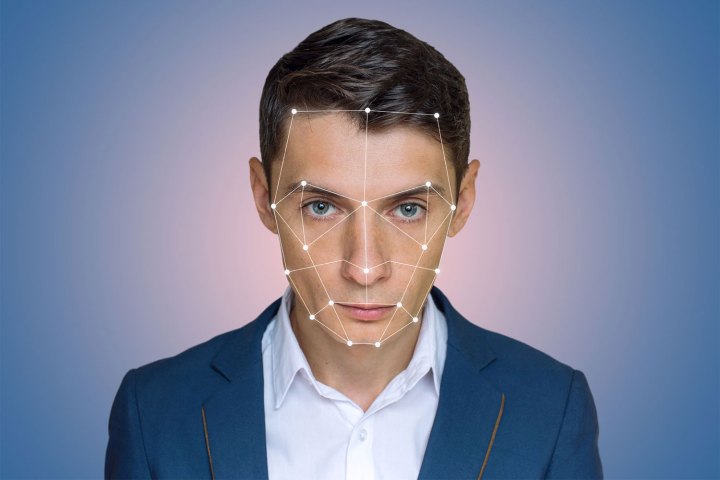
In their own creation of the database, the Australian government noted that facial recognition can aid in national security, and also has the ability to reduce certain crimes like identity fraud. And while the Attorney General’s Department noted in documents that private companies would only be allowed access to an individual’s face with his or her permission, critics are concerned about the lack of transparency and regulation of facial recognition programs.
“There are questions about whether individuals are able to make voluntary informed decisions and opt out of these schemes, even if they are aware that it is happening,” Monique Mann, a director of the Australian Privacy Foundation and a lecturer at the faculty of law at the Queensland University of Technology, told the Guardian. “If the alternative would be not being able to access important services, like opening a bank account, can you really say that customers are giving their consent freely?” Mann continued, “In practice, this program will effectively encourage private companies to build their own facial recognition databases. Once that data is created, it becomes very difficult for people to know how securely it will be stored, who it will be shared with and what information it will be connected to, and to what end.”
But how would private companies use this database? As per the partially redacted documents, “the [Attorney General’s] Department is currently in exploratory discussions with some of the major telecommunications carriers [redacted] regarding their potential use of the [Face Verification Service (FVS)].” Companies who made use of FVS would take a facial image of a customer, and send it to the “Biometric Interoperability Hub.” The hub would then use the national database to verify that image against an official government record (like a passport or driver’s license).
Companies, of course, would have to pay for each transaction, and government officials noted, “Any private sector organizations using the FVS would need to demonstrate their lawful basis to do so under the Privacy Act, and could only use the FVS where they gain a person’s consent to use their images.”
How exactly this all plays out is yet to be determined, but a privacy debate seems certain to ensue in the coming months.


